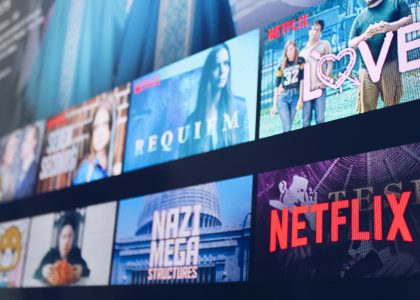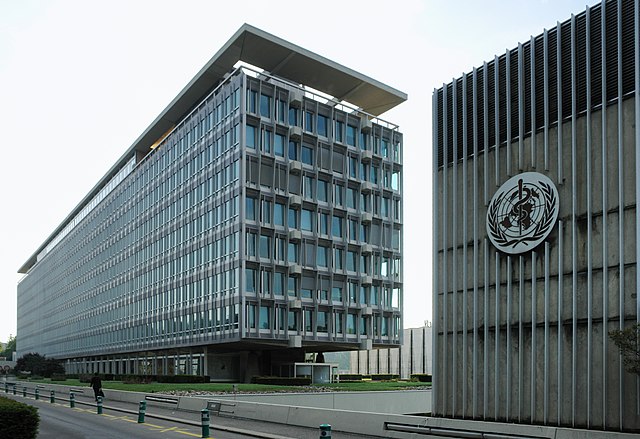Chris Hanretty argues that, when looking at owner influence over the media, we should look not just at how many ownership interests there are, but who owns them — individuals, families, or companies.
Orson Welles’ film Citizen Kane remains the most well-known and probably best depiction of the “media mogul”. Charles Foster Kane — a somewhat disguised version of William Randolph Hearst — leverages his control of the New York Enquirer to pursue a political line and eventual political office.
In what most only be a relief to the general viewing audience but which will also be a grave omission for students of corporate governance, Welles skates over the details of Kane’s control of the Enquirer. Did Kane has a 100% stake in the newspaper, or did he have to fend off other powerful shareholders? Did he structure his ownership through another company or was it a personal holding? Inquiring minds want to know.
Whilst we would generally want these issues kept out of a film, they’re vitally important to understanding the influence of proprietors over the media. Until know, there hasn’t been much comparative academic research on how ownership structures affect owner influence. There’s been US research on corporate (rather than individual) ownership, which David Demers has argued actually invigorates editors vis-a-vis owners.
Demers thinks that corporate owners, with their dispersed shareholders, are actually quite bad at controlling editors, who can then go on to print what they like. But this conflates two issues — who owns stakes in the media outlet, and how concentrated those stakes are.
An article of mine, which has been accepted for publication with the European Journal of Communication, tries to tackle these two issues separately.
The article is based on path-breaking research carried out by Marina Popescu, Tania Gosselin, and Jose Santana Pereira, who carried out expert surveys in 28 different European media systems, asking academics knowledgeable about each country to answer questions not just about the media in that country generally, but also about specific titles.
One of those questions asks,
how much is the political coverage in [the relevant media outlet] influenced by its owners?
with responses on a zero to ten scale. I took that information, and matched it with information on the ownership structure of each of these outlets — or rather, my then research assistant (now Lecturer in the School of Law) Sven Gallasch heroically searched Nexis for myriad financial reports providing this information. By matching these two sets of information, we can ask: does more concentrated ownership increase owner influence? and do individual owners (or ownership stakes held by individuals) bring with them more influence than corporate owners (or ownership stakes held by corporations).
These factors do matter:
- Concentration has an effect. Going from three owners who each have a 33 1/3\% stake in the media outlet (technically 33 1/3 % of voting power), to two owners who each have a 50% stake, means an increase of almost 0.2 points on the above zero to ten scale — not huge, but still statistically significant.
- The type of owner has a bigger effect. Going from a media outlet entirely owned by a company, to a media outlet entirely owned by an individual, means an increase of around one point on the above scale.
That means that competition authorities might want to look not just at how concentrated the ownership of a particular media outlet is, but also who owns.
Now, in lawyers’ terms, that might require some piercing of the corporate veil, about which many have been reticent. Sven had to do heroics in order to identify the ultimate owners of many media titles owned by investment vehicles registered in Luxembourg or elsewhere. That’s certainly the case for Silvio Berlusconi’s holdings in Fininvest. But if anyone qualifies as a modern Citizen Kane, Berlusconi is he.
Chris Hanretty is Lecturer in Politics at the University of East Anglia.
Photo credit: Profound Whatever






One thought on “Media moguls and their influence”